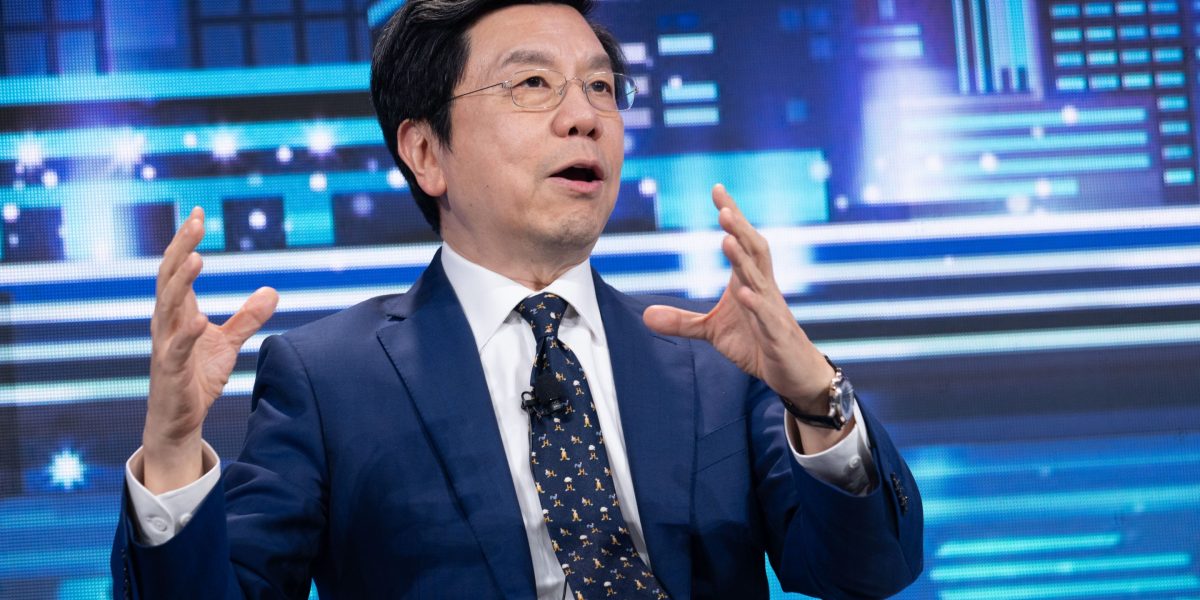Leading China VC Kai-Fu Lee warns an investor reckoning is coming for unprofitable AI companies

[ad_1]

The halcyon days where venture capitalists were content forking over billions to the latest AI startup, as researchers burned through cash with little to show for it, may be all but over. A “reckoning” is coming soon for AI companies that fail to turn a profit as the new technology matures, Kai-Fu Lee, chairman and chief executive of Sinovation Ventures, said at the Fortune Innovation forum in Hong Kong on Wednesday.
Lee said too many large language model (LLM) startups focus on striving for breakthrough advances and too little on commercializing their work. “A lot of the LLM companies out there are run by researchers who care only about making a great model,” he said in a conversation with Fortune editor-in-chief Alyson Shontell. “That science fair phase needs to end.”
If there’s one aspect the three leading U.S. megacap tech stocks all have in common, it’s that they successfully monetized an emerging technology—Microsoft with the personal computer, Apple and Google with the smartphone.
A former Google China president and himself a researcher in the field, Lee founded his own AI startup in March 2023. The firm, named 01.AI, was valued at more than $1 billion in less than eight months.
Lee said his own former employer Google serves as a cautionary tale. Even with the densest network of AI talent found in the world to this day, he argued that Google lost its lead to OpenAI because it squandered time and resources indulging all of its employees’ competing plans.
“If you have too many researchers and a culture where everybody can try their ideas, you’ll quickly run out of money as a startup,” he said.
Huawei’s focus vs Google’s ‘let one hundred flowers bloom’
Lee argued that in order for his company to one day count among the world leaders in the field, it needs to be brutally efficient with every dollar it spends.
On Wednesday, the AI expert pointed to Huawei as an example of how such focus might work in practice. China’s leading telecom equipment maker seized on an obscure advance by Turkish IT researcher Erdal Arıkan, investing its efforts almost exclusively in commercializing his polar code breakthrough. This allowed them to eventually surpass larger western competitors like Ericsson and go on to control the bulk of the 5G mobile networking market.
“That made all the difference,” Lee said. “We’re taking that same approach to be very, very diligent to save GPU [costs].”
Thanks to its focus on efficient execution, he believes 01.AI—which publishes all its research on open sites like Hugging Face—has narrowed the gap to American companies like OpenAI from eight years to less than twelve months in just a year’s time.
AI rivals that instead embrace Google’s strategy of “let one hundred flowers bloom”, as Lee phrased it, would by comparison struggle to reach profitability.
“There is a point of reckoning when investors are going to say: What do you have to show for yourself?” said Lee. “What’s your P&L? What’s your revenue? What’s your growth? When do you break even?”
If an AI startup doesn’t have a convincing answer, then its “science fair” days are over.
[ad_2]
Source link














